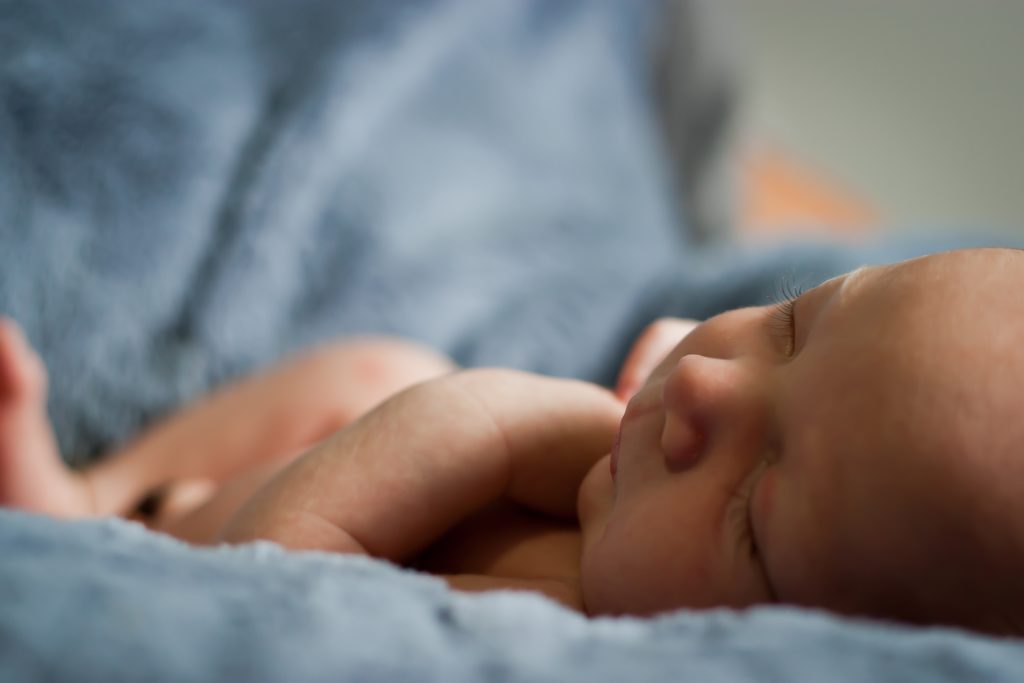
Pregnancy-related Pain Relief
Pregnancy brings both joy and discomfort. Pregnant women experience tremendous physical changes as the baby grows and the body prepares itself for the strenuous journey ahead. While many of us train for athletic endeavors such as marathons, few of us train for giving birth to a baby.
Even healthy, fit women may experience pregnancy-related pain such as sciatica, hip pain, and pelvic pain. Those who live less active lives may be unprepared for the physical rigors, and resulting pains, of pregnancy.
Some of the more common causes of pregnancy pain include:
-
- Weight gain — Gaining 25-40 pounds puts the body under a lot of stress, particularly on the spine and lower extremities.
- Hormonal changes — Hormones trigger changes in your pelvis, allowing it to widen for delivery. These changes relax the ligaments that support your joints, which can also make certain positions (such as sitting, rolling over, or standing for extended periods) uncomfortable.
- Postural changes — Your posture changes, too. This typically includes a lower center of gravity, a forward shift of the head and neck, and an increase in the curvature of your lumbar spine. These changes in posture can strain the muscles in your ankles and lead to overuse of the muscles that extend your hips and spine. Your body becomes less stable, making falls and balance a concern.
- Abdominal muscle separation (diastasis rectus abdominis) — The expanding uterus can cause the abdominal muscles to separate. In addition to pain, this can lead to problems in controlling posture, which in turn, could lead to injuries.
- Stress urinary incontinence — Though it’s not usually painful, stress urinary incontinence is certainly discomforting. This is the involuntary leakage of urine upon effort, exertion, or activity that affects 67 percent of pregnant women.
Physical therapy for pregnancy-related pain can address these issues and bring relief.
Tips to Minimize Pregnancy-Related Pain
-
- Pre-pregnancy conditioning — The ideal time to prepare for a low-pain pregnancy is before you get pregnant. Work on overall physical fitness, flexibility, and strengthening your core. Pay special attention to strengthening your pelvic floor (with Kegel exercises), hips, back and, abdomen.
- Exercise during pregnancy — With your health care professional’s clearance, the American College of Obstetricians and Gynecologists recommends exercising (such as walking, swimming, yoga, or core and pelvic exercises) for up to 150-minutes per week.
- Avoid bouncy, high impact movements — Hormonal changes make your joints more mobile, and more prone to injury, so avoid high-impact activities and jerky movements.
- Work with a physical therapist during pregnancy — Physical therapists can play an important role throughout your pregnancy, helping you to strengthen your body, build endurance, and prevent injuries while also relieving pain related to your pregnancy.
- Avoid lying flat on your back or standing still as much as possible — Your uterus presses on a large vein in this position while standing still can cause blood to pool in your legs and feet. Both positions can lead to a temporary decrease in blood pressure due to the reduced flow of blood to your heart.
How can Diablo Physical Therapy help with Recovery?
Diablo Physical Therapy helps women prepare for and recover from pregnancy. Our physical therapists can diagnose and address the cause of your pregnancy-related pain as well as help you build your endurance, improve your muscle tone, and strengthen your body for a smoother experience before, during, and after delivery.
Are you pregnant or thinking about starting a family? Whether you’re currently experiencing pregnancy-related pain or would like to prevent it, scheduling a consultation with a physical therapist is a great choice for:
-
- Pregnancy pain relief
- Individualized treatment plans throughout your pregnancy
- Physical preparations for childbirth
- Post-partum physical rehabilitation
Request a Personalized Care Plan with Pricing
FAQs about Post-Pregnancy Pain
Can physical therapy help with pregnancy-related back pain?
Yes. Back pain is one of the most common complaints we hear from our pregnant clients. It’s often what brings them to us. Treatment depends upon the underlying physical cause and may include strengthening exercises, manual therapy, support braces, or a combination. Education is also crucial, helping you to learn how to lift and perform other activities without straining your back.
Will my lower back pain go away after I have the baby?
About a third of women continue to experience pregnancy-related back and pelvic pain after giving birth, so no, it doesn’t always go away on its own after giving birth. Education and exercises can help reduce your pain now.
Can physical therapy help with incontinence after the baby comes?
It can help before the baby comes. Our physical therapists can recommend exercises to strengthen the pelvic muscles and provide guidance so you can adjust certain activities that may be contributing to the condition.
Can a physical therapist help with sleeping problems during pregnancy?
With a growing belly, it’s no wonder pregnant women have trouble getting comfortable and sleeping. Physical therapists can address many of the issues that affect sleep during pregnancy including back pain, relaxed ligaments, and sleeping positions.
What is pelvic girdle pain?
Pelvic girdle pain is pain in the ring of bones at the base of your spine in the pelvic area. It is a painful condition that affects one in five pregnant women. Manual physical therapy and exercises are often prescribed to reduce pelvic girdle pain.
Consult with a Physical Therapist to Learn More
Ready to experience freedom from pain? Our friendly, knowledgeable team is here to help.
